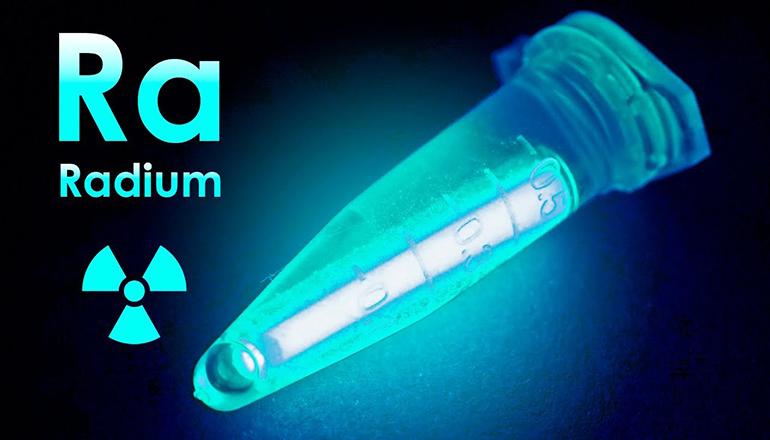Silex, Missouri, has a problem with its water. The city found harmful substances called radionuclides in the water people drink. Because of this, they’ve announced an emergency. People in the city are worried about their drinking water’s safety.
The EPA, Environmental Protection Agency, is working with other Missouri agencies to fix this problem. They want to tell people about the dangers of a substance called radium. The city is also trying to find other sources of water for its residents.
This isn’t the first time Silex has had this issue. Recently, they found that the water had more radionuclides than what’s considered safe. When this happens, the city has to tell everyone.
Drinking this water once in a while isn’t dangerous. But if someone drinks it for a long time, it could be harmful. Because of this, the EPA suggests people in Silex use bottled water for drinking and cooking. They’re working with the city to find a long-term solution.
Radium, the substance in the water, is not harmful if it touches the skin. So, it’s okay to use the water for bathing, washing dishes, or laundry.
SEMA, another agency, is helping by sending pallets of bottled water to the people of Silex. They sent a lot of bottled water to the city and are helping distribute it.
What is Radium?
Radium is a natural substance that can be found in rocks and soil. It comes from other substances called uranium and thorium breaking down. Some places in the U.S. have a lot of radium in the ground. Drinking water with too much radium for many years can increase the risk of getting cancer.
How to Stay Safe:
If there’s too much radium in the water, it’s not safe to drink or cook with it for a long time. The EPA advises using other sources of water, like bottled water, for these tasks.


